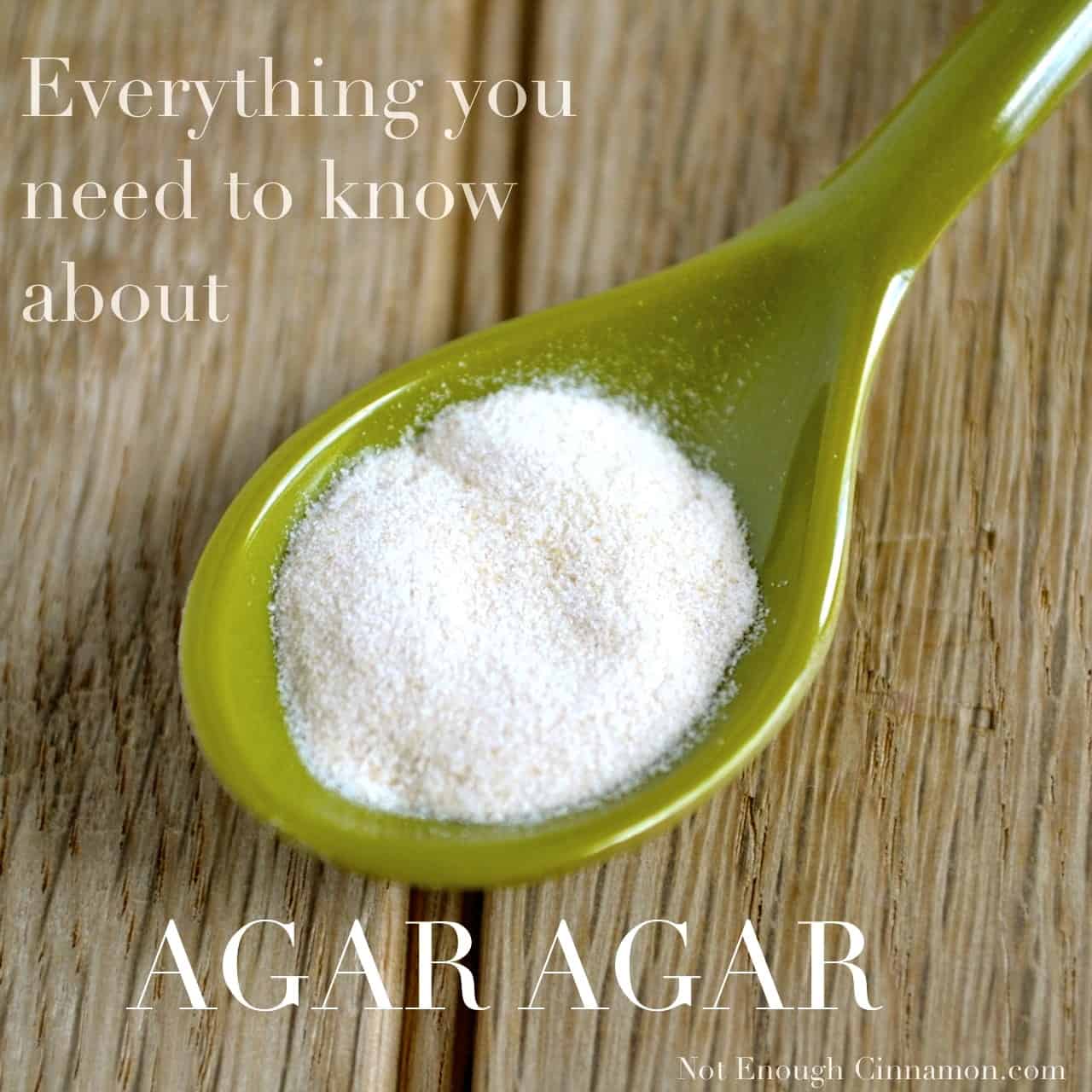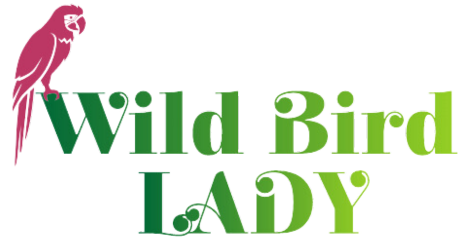Yes, birdseed can go bad over time due to factors such as moisture, heat, and exposure to air. Proper storage and monitoring can ensure the quality of birdseed for a longer period.
If you are an avid bird-watcher, it’s important to have a steady supply of birdseed in your yard or balcony. However, you may have wondered if birdseed goes bad and if it has an expiry date. Like any other type of food, birdseed is perishable and can spoil over time.
Moisture, heat, and air can cause birdseed to go bad, making it unappealing to birds and potentially harmful to their health. But don’t worry, with proper storage and monitoring, you can ensure that your birdseed stays fresh and nutritious for an extended period. In this article, we will explore the essential things you need to know about birdseed’s expiry, including signs of spoilage and storage tips.

Credit: www.amazon.com
Birdseed Expiry Date
Bird feeding is an enjoyable hobby for many people, especially during the winter months. But have you ever wondered if birdseed goes bad? Do you know how to read birdseed expiry dates? We will answer all your questions about birdseed expiry and its importance.
What Is Birdseed Expiry Date And What Does It Mean?
Birdseed expiry date refers to the length of time that the seed will remain fresh and usable after its package is opened. The expiry date is usually printed on the product label, and it is vital to know what it means and how to decode it.
How To Decode Expiry Dates On Birdseed Packages
Birdseed expiry dates can be tricky to understand, as they are generally printed using a combination of letters and numbers. Here’s how to decode them:
- Look for the best before or use by date on the birdseed package.
- The date may be written in different formats, such as mm/dd/yy or dd/mm/yy. Make sure you understand the format to avoid confusion.
- Generally, birdseed has a shelf life of six months to a year. Make sure you check the expiry date before buying the product.
How Accurate Are Expiry Dates And Do They Matter?
Expiry dates on birdseed packages are essential and should be taken seriously. The quality and freshness of the seed may deteriorate over time, affecting its nutritional value. Old seed may also contain mold, which can be harmful to birds.
Although expiry dates are not always accurate, they should not be ignored. It is a good idea to mark the opening date on the birdseed bag to keep track of how long it has been open and how much time is left until the product expires.
Knowing the birdseed expiry date is crucial for ensuring that your feathered friends receive fresh, healthy, and safe food. Make sure to decode the expiry dates properly and regularly check the product’s freshness to keep your backyard birds happy and healthy.
How To Store Birdseed
Proper Storage Practices To Prolong Birdseed Freshness
Your feathered friend deserves a fresh and nutritional meal every time they visit your bird feeder. To ensure the birdseed stays fresh, here are some proper storage practices you must follow:
- Always store birdseed in a cool and dry place, away from any heat and direct sunlight. Excessive moisture can trigger seed spoilage, mold growth, and insect infestation, while heat and sunlight can destroy nutrients and affect taste.
- Consider using airtight and rodent-proof containers to store birdseed. Avoid keeping seed bags open or exposed to air. Doing so can allow air to enter, causing the seed to become stale and rancid, or attract vermin, which can damage the quality of the seed.
- If you buy birdseed in bulk, only take out the amount that you need for the next few days. This approach helps ensure that you use up the seed before it spoils.
Factors That Affect Birdseed Freshness
Several factors can affect the freshness and safety of birdseed. Knowing these factors will help you determine how to store birdseed properly to maintain its quality.
- The seed’s quality at the source determines how long it will last. Always buy birdseed from a reputable supplier and check the expiry date.
- The type of seed you buy also matters. Some seeds, such as sunflower seeds, are more prone to rancidity due to their high oil content. Other seeds, such as millet, are more likely to attract pests than others, such as safflower.
- Temperature and humidity are the main environmental factors that can provoke seed spoilage. High temperatures and humidity can cause the seed to split and break, resulting in seed dust that can clog feeders and leave a mess on your deck or yard.
Common Mistakes To Avoid When Storing Birdseed
Storing birdseed sounds simple enough, but there are a few common mistakes to avoid. Stay alert for these easy-to-fix errors:
- Do not store birdseed near any chemicals or pesticides. Birdseed can easily absorb strong odors and flavors, which can make birds sick and cause contamination.
- Do not mix new seed with old seed. If you have leftover birdseed that looks or smells bad, dispose of it and thoroughly clean the container before adding the fresh seed.
- Do not store seed on the ground or in areas that are accessible to pests. Ants, rodents, and insects are attracted to birdseed and can easily find their way into open containers or exposed bags.
- Do not store birdseed for too long. Even under ideal conditions, birdseed can only last for a few months to a year. Always check the expiry date and dispose of any expired or moldy seed.
By following proper storage practices, being aware of factors that affect freshness, and avoiding common mistakes, you can ensure that your feathered friends’ meals stay fresh, nutritious, and enjoyable.
Signs Of Expired Birdseed
Does birdseed go bad? Birdseed expiry – important things you need to know
Bird lovers across the globe cherish the true beauty of birdwatching, and many of them like to keep seeds in their backyard for their feathered friends. However, one question that often arises is whether birdseed goes bad over time? We will take you through the signs of expired birdseed, potential risks of feeding birds with expired birdseed, and whether it is safe to feed birds with expired birdseed.
How To Identify Expired Birdseed
It is essential to be familiar with the signs of expired birdseed to ensure you are feeding your feathered friends fresh seeds. Here are some key ways to identify expired birdseed:
- Check the expiration date: Most packaged birdseed comes with an expiration date. Check the label to see when the seed was packaged and ensure that you are using it before the specified date.
- Observe the seeds: If the seeds look moldy, discolored, or have a musty smell, they are most likely expired. Seeds should look clean, dry, and free of any discoloration or mold.
- Insects in the bag: If you notice insects or bugs in the birdseed bag, it is likely that moisture has entered the bag, which could cause the seed to spoil.
- Taste the seed: While this isn’t very common, you can taste the birdseed to see if it has gone bad. If you detect any unpleasant or bitter taste, it’s time to get rid of the seed.
The Potential Risks Of Feeding Birds With Expired Birdseed
Feeding your feathered friends expired birdseed can be dangerous to their health and lead to various risks, such as:
- Health problems: Old seed can contain harmful bacteria and fungi that can cause digestive problems, infections, and other health issues in birds.
- Spoiled seed can attract pests: Using expired birdseed can attract pests and insects to your bird feeder, which may lead to contamination of new seeds and even cause disease to your feathered friends.
- Allergic reactions: Some birds may develop allergies or intolerances to contaminated seeds, causing allergic reactions and inflammation, making it difficult for them to fly.
Is It Safe To Feed Birds With Expired Birdseed?
To avoid the potential risks mentioned above, it is best not to feed birds with expired birdseed.
However, if you are worried about tossing out large quantities of birdseed, then there are a few alternatives you can consider:
- Composting: You can add unused birdseed to your compost heap, where it will decompose naturally.
- Use as fertilizer: You can use it as fertilizer for your plants. Crush the seeds and sprinkle them in the soil around your favorite plants and give them an extra boost of nutrients.
- Donate: If you have expired birdseed and do not want to waste it, consider donating to local farmers or ranchers who can use it to feed their animals.
Feeding fresh birdseed to your feathered friends will provide them with all the nutritional benefits and happy chirps. Ensure that you are familiar with the signs of expired birdseed, the potential risks of feeding birds with expired birdseed, and what to do with expired birdseed.
Keep your birds healthy and happy by giving them fresh, nutritious seed.
Best Practices For Disposing Of Expired Birdseed
Birds are charming creatures that bring life and excitement to our gardens. As a bird enthusiast, you are always on the lookout for the best bird food available, but the question remains, “does birdseed go bad? ” The answer is yes! Birdseed does expire, losing nutrients and attracting insects to your feeders.
We will outline some important things you need to know about birdseed expiry, with a focus on best practices for disposing of expired birdseed and creative ways to repurpose it.
How To Dispose Of Expired Birdseed Safely And Responsibly
When your birdseed expires, it is not only unpalatable to birds, but it can also become contaminated with mold and bacteria, which can make birds sick. Therefore, you must dispose of it safely and responsibly. Here are some ways to do so:
- Do not throw expired birdseed in the trash bin as it can attract rodents and other pests.
- Instead, place the expired seed in a sealed plastic bag and dispose of it in a secure outdoor trash bin.
- Avoid composting expired birdseed as it can attract animals to the compost pile and spread disease, causing possible harm to other wildlife.
- Clean bird feeders regularly with soap and water to remove mold and bacteria.
Creative Ways To Repurpose Expired Birdseed
With a little bit of creative thinking, you can repurpose expired birdseed rather than disposing of it.
- Use it as an ingredient in homemade birdseed wreaths. Simply mix it with gelatin, peanut butter, or honey and mold it in the shape of a wreath or ball.
- Sprinkle the expired seed on your garden bed or lawn for a natural and safe fertilizer.
- Make a diy birdseed mosaic by mixing flour, water, and food coloring, and spreading it in a pattern on cardboard. Then, sprinkle the expired birdseed over the pattern and let it dry.
- Offer expired birdseed to outdoor animals such as squirrels, rabbits, and chipmunks, who will appreciate the extra source of food.
- Donate it to a local animal shelter or wildlife rescue center. Some organizations accept expired birdseed as it can be a valuable source of food for animals in need.
Birdseed does go bad, and when it does, it is essential to dispose of it safely and responsibly. But don’t just toss it away, get creative and repurpose it in a variety of ways to minimize waste and help the environment.
By following these best practices, you can ensure healthy and happy birds while reducing your environmental footprint.
Frequently Asked Questions Of “Does Birdseed Go Bad? Birdseed Expiry – [Important Things You Need To Know]”
Is It Possible For Birdseed To Go Bad Or Expire?
Yes, birdseed can go bad or expire. Different seed types have different shelf lives, and factors like moisture, temperature, and oxygen exposure can affect seed freshness.
How Can You Tell If Birdseed Has Gone Bad?
Look for signs such as mold, peculiar smells, dust, and insects in the birdseed. Observe whether the birds appear uninterested in the feed or if there are fewer birds visiting your feeder.
What Do You Do With Expired Birdseed?
Remove the expired or mouldy birdseed and clean the feeder thoroughly before refilling it with fresh feed. Store birdseed in a cool, dry place and try to use it before the expiration date.
Can You Store Birdseed In The Refrigerator To Extend Its Life?
It is not recommended to store birdseed in the refrigerator as this exposes it to moisture, which can cause mold growth. Instead, birdseed should be stored in a cool, dry, and airtight container.
What Are The Different Types Of Birdseed With The Shortest Shelf-Life?
Nyjer, sunflower, and millet are the birdseed types with the shortest shelf lives. Nyjer seed can last for about three months, sunflower seeds for four to six months, while millet seed remains fresh for approximately eight months.
Conclusion
Now you know the answer to the question “does birdseed go bad? ” Birdseed expiry is a real thing, but as long as you store it properly and use it before the expiration date, your feathered friends will keep coming back for more.
It is essential to read the label and know the best storage conditions for the specific type of birdseed you purchase. If you have an old bag of birdseed that has passed its expiration date, it’s better to dispose of it properly and buy a new one to ensure your birds are getting the best nutrition.
By taking these precautions, you can keep your feathered friends happy and healthy year-round. Don’t wait to invest in quality birdseed and keep your backyard birds coming back for more!



